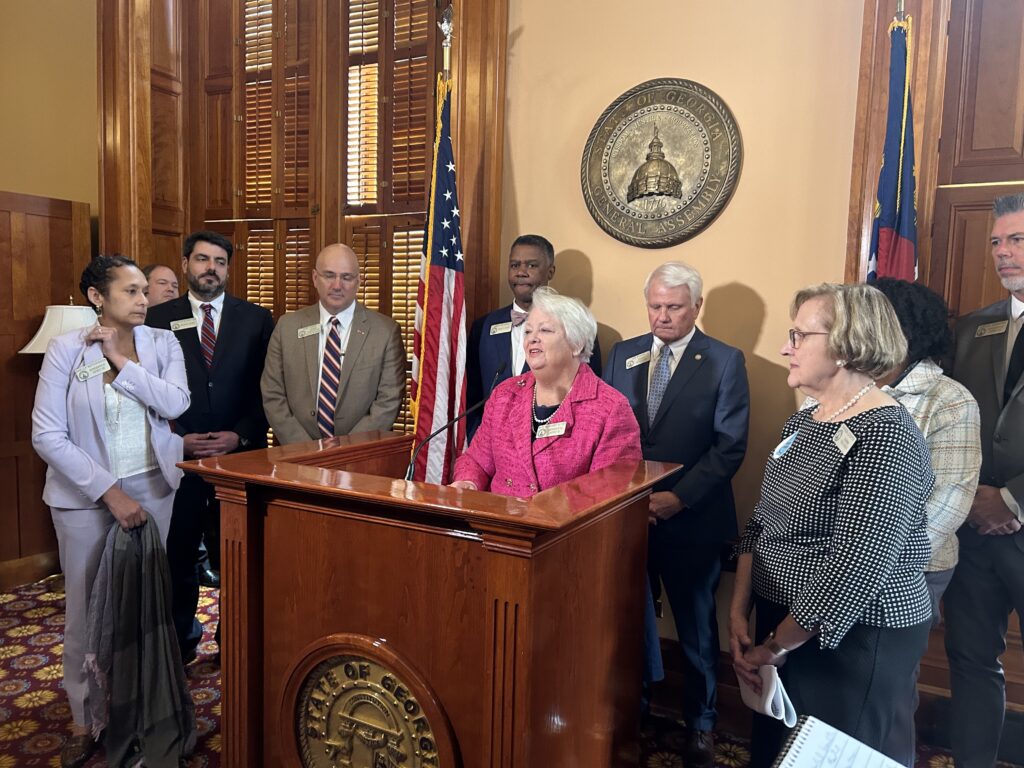
ATLANTA – The state legislature is set to consider a wide-ranging mental health reform bill that aims at improving services for Georgians struggling with mental-health or substance-abuse challenges.
House Bill 520 has bipartisan support and is cosponsored by state Reps. Todd Jones, R-South Forsyth, and Mary Margaret Oliver, D-Decatur.
Last year, the General Assembly unanimously approved a sweeping mental-health reform bill as part of an effort spearheaded by the late House Speaker David Ralston. A mental-health reform commission has continued to meet since then and developed recommendations that informed this year’s bill.
“This is in fact the decade of mental health,” Jones said about the ongoing efforts of state policymakers to address the problem in Georgia.
“There is not a week that goes by … where we literally have at least one or two Georgians contact us personally and say, ‘My son, my daughter … what am I supposed to do?’ They can’t find a bed [for treatment].”
Currently, more than half of the 600 intensive psychiatric-treatment beds available for children in Georgia are used for children from out-of-state because Georgia charges less than other states, Oliver noted.
The legislation would address the shortage of treatment beds by creating a committee to study the problem.
“We need a lot of analysis of where our beds are, who’s using them, why are they using them, and what is the need?” Oliver said.
The bill would also require state agencies to work together to create a shared definition of “serious mental illness.” This would help state agencies collect data and coordinate services, Jones said.
The new legislation also tries to address the needs of people who cycle between homelessness, jails and hospitals due to serious mental-health or substance-abuse problems.
“These individuals … make up a small population but they draw down so much of our resources,” Jones said.
The bill would require the state Department of Community Affairs, which oversees housing policy in the state, to study ways to improve housing prospects for these so-called “familiar faces.”
If passed, the bill would create a loan forgiveness program for mental-health providers who are already in practice.
“If they’re serving people in Georgia and still have a student loan, we want them to apply and get the benefits,” Oliver said.
The bill would also streamline some aspects of professional licensing procedures.
Two “peer support specialists” would be added to the Behavioral Health Reform and Innovation Commission, which is tasked with studying Georgia’s mental-health system and recommending policy reforms. Peer support specialists are people who have lived through mental-health or substance-abuse challenges and use that experience, coupled with specialized training, to help others with similar problems.
“It’s important for peers to be on there because they are the ones … who have been through this system and know what works and what doesn’t work,” said Kim Jones, executive director of the National Alliance on Mental Illness-Georgia.
This story is available through a news partnership with Capitol Beat News Service, a project of the Georgia Press Educational Foundation.